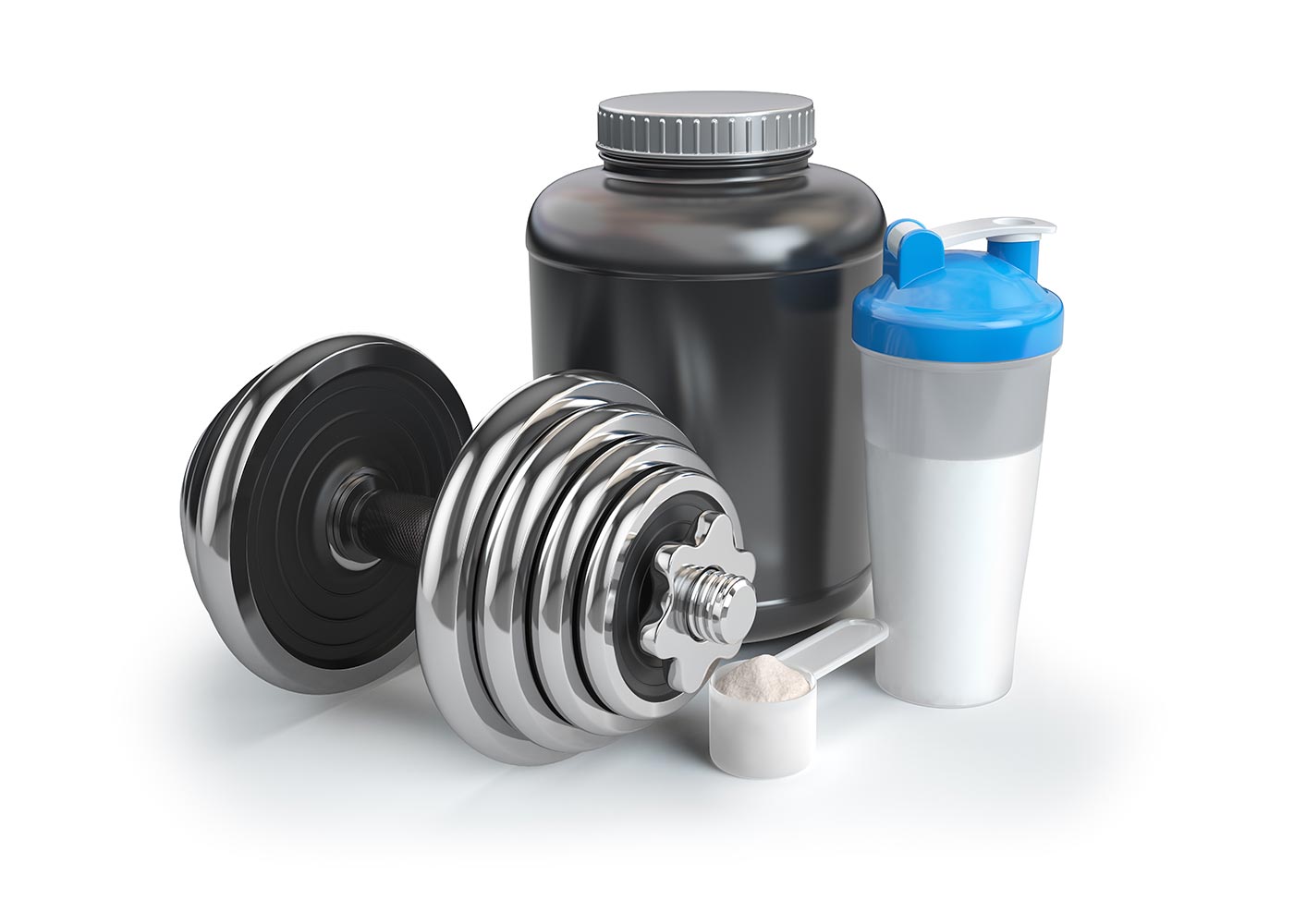For many decades, athletes have used carbohydrates to fuel
their high-intensity exercise and endurance activities as long as athletic
nutrition experts have promoted the importance of carbohydrates for athletic
performance. Now, professional athletes make use of the ketogenic diet to
dismiss ancient beliefs that carbohydrates are the basic nutrient for any
metabolic process in favor of a fat-based process. Such advantages as improved
endurance, reduced recovery time, and decreased inflammation are created when
the body shifts the metabolism into ketosis.
Total weight loss benefits are not the only things that
athletes using various sports such as running and cycling, strength training,
and CrossFit activities find from their ketosis practice. Fat serves as a
primary fuel source as it helps athletes hold on to their energy stores, get
their energy back quickly, and achieve metabolic (body fuel) adaptability for
athletic performance. The two main benefits of the keto diet for athletes are
increased performance and better muscle recovery mechanics. Let’s break it
down.
Keto for Endurance and Performance
Glycogen stores are the main energy source for the
traditional endurance athlete, but these stored carbohydrates have limited
availability, and this has a prominent effect on energy availability and is
responsible for the 'bonk' feeling during extended physical activity. The
ketogenic diet acts as a strength and endurance athlete’s replacement for a
customary energy source. But with keto, bodies adjust and become no longer
dependent on typical energy spikes and crashes, which is why athletes have such
an easy time with the large natural fat stores all bodies have available to
them.
Ketosis Athletic Advantages for Endurance:
- Fat Utilization for Energy: When the body is in a state of
ketosis, it can use fat deposits as an energy source and thus reduce its need
for glycogen.
- Reduced Bonking: Athletes on a ketogenic diet report fewer
energy crashes and more consistent performance.
- Improved Oxygen Efficiency: Research has proved that a
fat-adapted state has superior oxygen efficiency in running and cycling sports
involving endurance performance.
Adopting the keto diet for endurance training has an
adaptation phase in order for the body to transition from carbohydrate to fat
oxidation. However, the time spent is entirely worthwhile as adjustment
typically lasts between several weeks and several months, and the permanent
results are well worth it.

Strength and Power Benefits of Keto
Though many strength athletes stayed away from keto due to a lack of belief that it could work well, endurance athletes have been utilizing it in
vast numbers. There are literally dozens of studies, as well as practical
athlete outcomes, where the ketogenic diet has been shown to allow strength
athletes to make better muscle gains as well as better power output due to
the following effects.
- Enhanced Growth Hormone Production: Elevated human growth hormone (HGH) levels
that result from a state of ketosis will promote muscle growth and recovery.
- Stable Energy Output: Keto provides steady energy tuning up
carbohydrate packed diets which cause insulin spikes and valleys, so that
strength training stays on a high intensity.
- Reduced Muscle Fatigue: By reducing lactic acid
accumulation, the fat-burning workouts can be sustained for longer and
provide the productivity to perform better in workouts.
Those who are strength athletes use cyclical keto as a
strategy where they will eat specific carbohydrates during their workouts to
refuel muscles but are in a ketotic state at all other times.
Low-Carb Muscle Recovery and Inflammation Reduction
It is essential to the recovery of muscles during athletic
training that the ketogenic diet is used. In other words, it accelerates post-workout recovery because the inflammatory responses from a low carb, high fat
diet pattern reduce the muscle pain during rest periods.
How Keto Supports Recovery:
- Reduced Inflammation: Probably among others, the ketones BHB
also show anti-inflammatory properties and thus help reduce muscle damage
associated with exercise activity.
- Faster Muscle Repair: By improving the function of
mitochondria, tissue repair and cell regeneration of the muscles occurs faster
during the Ketogenic diet.
- Less Oxidative Stress: Ketosis works in lowering oxidative
stress because it reduces the amount of glucose metabolism dependence, which
leads to reduced two major factors that induce muscle fatigue and damage.
Under keto, deep sleep phases help athlete achieve 100%
recovery of their muscles and make them perform better. It enhances sleep
quality, which directly affects the development of strength and endurance.

Metabolic Flexibility: A Game-Changer for Athletes
Ketogenic diets play a major role in helping athletes to
switch between fat and carbohydrate metabolism as needed for performance. Athletes
possess high metabolic flexibility to solely fuel them on fat at low exercise
intensities to preserve their glycogen reserves to generate explosive
or high-intensity actions.
For the athletes that compete in mixed-modal sports like
CrossFit, martial arts or team sports, keto will help them maintain long
periods of activity with high intense bursts. Those athletes going through
training while their bodies adapt to the use of fat will gain improved
abilities to manage both fuel sources for the performance advantages that come
from that.
How to Implement Keto for Athletic Performance
There is a lot of planning needed for a successful transition
to keto, and the adaptation period includes temporary performance declines.
There is a way to successfully transition to it following these steps.
1. Gradual Carb Reduction: To avoid energy crashes, athletes
should cut their carbohydrate consumption gradually over one to
two weeks.
2. Prioritize Electrolytes: For athletes, dehydration is an
outcome of ketosis, which causes electrolytes & sodium to be drawn out of
the body, thus impairing performance.
3. Increase Healthy Fats: Whereas the diet does call for a
shift to healthy fats, those should come from fatty fish along with nuts,
avocado and seeds, and olive oil.
4. Train in a Fasted State: Exercising without food
consumption improves endurance capability by promoting better fat oxidation
ability in the body.
5. Monitor Recovery Markers: Dietary measures should be
adjusted through the tracking of recovery times, energy levels and
performance data, with recovery markers watched through this.
Conclusion
The implementation of a keto diet as an athletes’
nutritional strategy allows athletes to obtain maximum performance along with
better endurance for recovery. When athletes become fat adapted they are able
to have prolonged energy supply as well as reduce inflammation levels and
improve muscle healing. Keto can even adapt metabolic operations and this is
the reason why endurance athletes use keto when they are seeking endurance
performance enhancement and strength competitors use keto when they are at
appraising carb-reduced muscle recovery.
On the one hand, time required for adaptation has to be
considered, but the long-term advantages of ketogenic performance benefits make
it a worthy alternative for athletes who wish to choose this change.
Essentially, the nicer stuff (the very accurate scientific papers) support
athletes who choose to enhance their performance and recovery results by using
ketosis better than old fashioned harder methods.






























